
Hunting dogs are unlike any other kind of hunting gear for the obvious reason that they are living, breathing creatures. Unlike a good shotgun, they cannot be abused and neglected and still be expected to function.
The decision to get a hunting dog is a huge one and should be taken very seriously. While there is plenty of dog information distributed throughout this book, it’s way beyond the scope of this project to detail everything that you need to know to properly train a dog.
If you’re committed to doing that, you need to invest in a library of books about training hunting dogs, including The Care and Training of Versatile Hunting Dogs by Bodo Winterhelt and Edward Dailey, Bird Dog by Ben O. Williams, Game Dog and Water Dog by Richard A. Wolters, Pointing Dogs Made Easy by Steven Mulak, and Wing and Shot: Gun Dog Training by Robert G. Wehle.
With that disclaimer out of the way, I’m going to let a close friend and superb dog handler explain his take on the subject. I defer to Ronny Boehme on all things related to dogs. He’s a wealth of information on the subject and has that peculiar trait that is common among serious gun dog owners: he loves dogs as much or more as he loves hunting, something that I cannot say about myself.
I’ve got 15 years experience as a field judge for hunting dogs, and here I’d like to offer up some of my opinions on the subject of versatile hunting dogs.
Versatile is the word given to the 28 distinct breeds of Continental European pointing dogs that are recognized by the North American Versatile Hunting Dog Association. All of these breeds have the ability to search for and point game, and to track and retrieve wounded or downed game on both land and water. Thus, these breeds show their usefulness both before and after the shot.
While all of the 28 breeds can do the required jobs of a versatile hunting dog, they each have their own particular pros and cons. You’ll notice that I’ve lumped some of these breeds together, as many breeds have significant overlap in their talents and shortcomings. And I’ve omitted others, as some breeds are too rare to warrant much attention here. Also, bear in mind that these assessments are generalizations. Each individual dog within a species has its own personality and style.
Brittany
Pros: Medium-sized dog that’s easy to care for.
Cons: Soft silky hair that never dries and holds the stink of whatever they’ve been rolling in. And they’ll roll in anything they can find, the worse the better.
English Pointer
Pros: Great nose, staunch point.
Cons: Their acute sensory perception allows them to point birds that are very far away – often too far away for the hunter to make a shot once the bird flushes.
English Setter
Pros: Good nose, with an ability to move through the woods with grace and balance.
Cons: Poor retrievers. If you shoot a bird over a setter, be sure to mark where it falls; most setters believe their owner should do the retrieving.
German Shorthair
Pros: Dependable and strong; will retrieve almost anything you shoot.
Cons: Will retrieve almost anything you didn’t shoot, including dead skunks. They also have a poor attention span and memory. I once saw a German shorthair (my own) get sliced up by running through a barbed wire fence. He got stitched up in the morning and then sliced himself open on the same fence before dinner.
German Wirehair
Pros: Powerful, tireless, trackers that’ll trail anything. They’ll recover crippled game after all other dogs have given up the chase.
Cons: Ruthless. A male wirehair will fight his own reflection if you let him. They will hunt anything, in season or out, including goats, chickens, and your neighbor’s cats.
Weimaraner
Pros: Tenacious and loyal to owners.
Cons: Ugly dogs. And it can be hard to get them to remember anything you trained them to do when they’re not wearing a shock collar.
Bracco Italiano, Spinone Italiano
Pros: My personal favorites. Excellent connectivity to owner. Great noses, solid retrieving, good swimmers.
Cons: Horrible shedding, plus their drool will fling great distances when shook from their lips and it’ll stick to any surface.

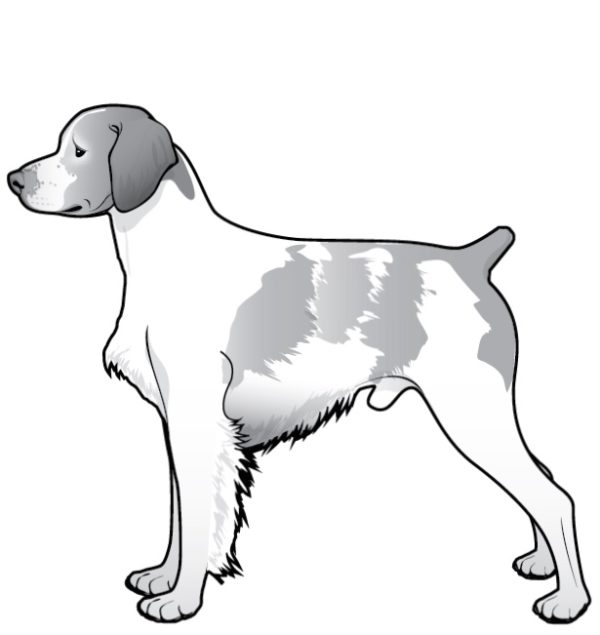
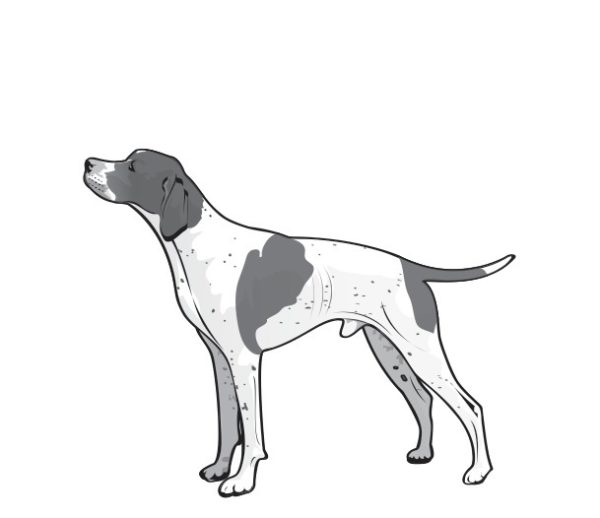
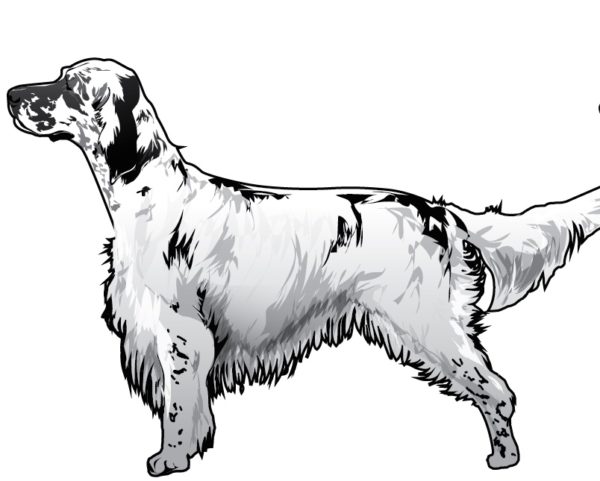
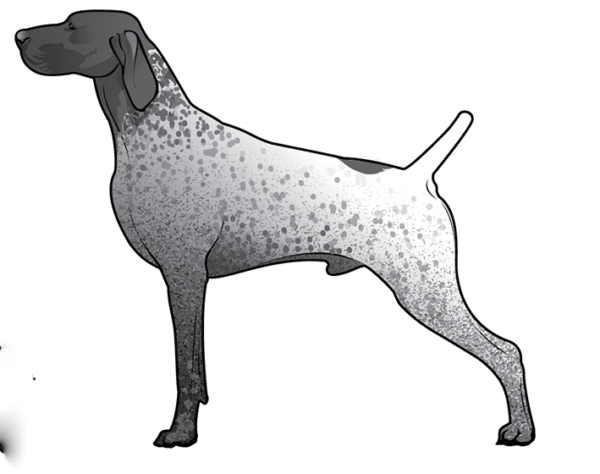
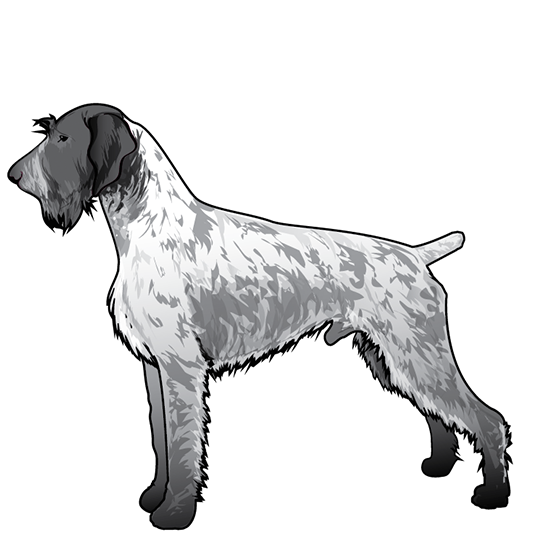
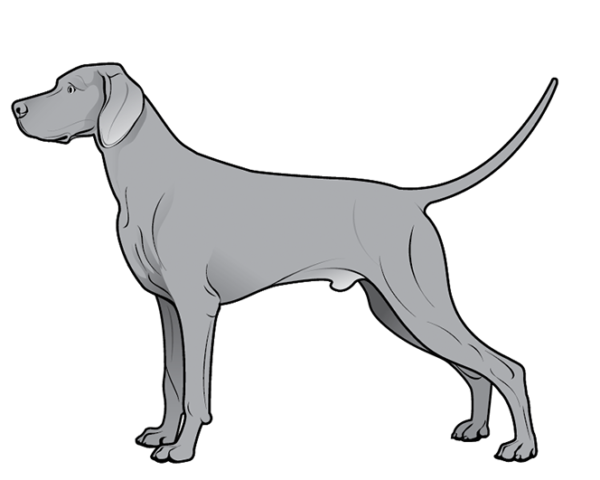
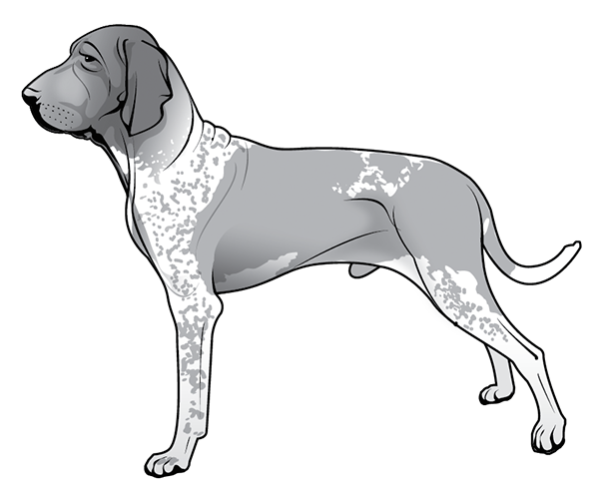






Conversation